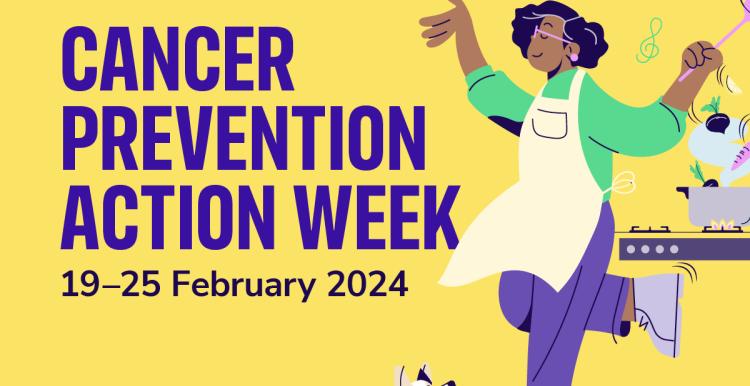Cancer Prevention Action Week: Screenings Save Lives

This year, February 19 to 25 marks Cancer Prevention Action Week.
Attending cancer screenings when you are invited to do so is one of the best ways to detect cancer at an early stage and in some cases, prevent cancer from developing in the first place.
Detecting cancer at an early stage means that treatment is more likely to be successful and ensures that more people survive.
Screenings can be scary for those who haven’t done them before, so the South East London Cancer Alliance (SELCA) have put together some guides outlining what you can expect on the day.
Breast screenings:
Anyone registered with a GP as female will be invited for NHS breast screening every 3 years between the ages of 50 and 71. You’ll get a letter in the post inviting you.
If you have any symptoms of breast cancer at any age, please contact your GP.
Watch below the SELCA’s video about what you can expect on the day:
NHS SELCA Breast Screening Patient Video – English & British Sign language (youtube.com)
Cervical screenings:
Cervical screening (also known as a Smear test) is a free NHS health test that is offered to women and all people with a cervix between the ages of 25 to 64. Cervical screening can detect changes in the cervix which can be treated before they can cause cancers.
If you have any symptoms of cervical cancer at any age, please contact your GP.
Watch the Q&A with Bake Off Star Laura Adlington and GP Dr Nighat, where they talk through what a smear test is and debunk common misconceptions:
Cervical Cancer Prevention Week 2024
Prostate cancer testing:
At present, there is no single test or screening for prostate cancer. However, a blood test, called a prostate-specific antigen (PSA) test, measures the level of PSA and may help detect early prostate cancer.
If you are over 50, you can ask a GP for a PSA test.
SELCA have recently launched a new campaign encouraging Black men (who are twice as likely to get prostate cancer than their white counterparts) to ask their GP for a PSA blood test, especially if they have any symptoms of prostate cancer.
Below is one of the videos produced by SELCA, who collaborated with prostate cancer patients from Black African and Caribbean communities in south east London and students at the London College of Communications to develop a series of thought-provoking animations to encourage conversations about prostate cancer. Don’t wait. Get the PSA blood test. (youtube.com)


